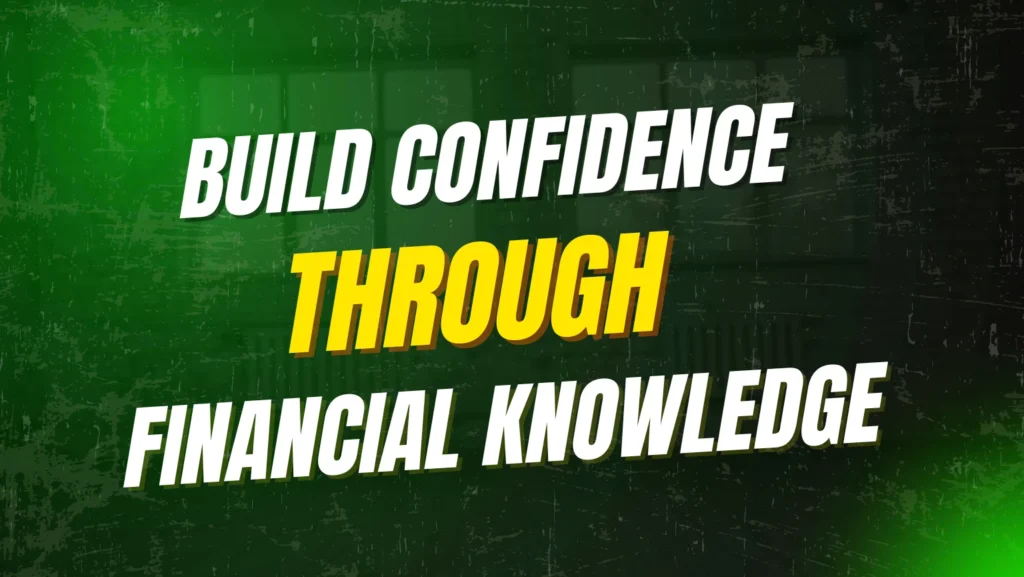
Introduction
If you often shop at Home Depot for home repairs or big DIY projects, you might have heard about the Home Depot credit card. It can be a helpful tool, especially if you want to finance large purchases. However, it’s crucial to understand how it may impact your credit score prior to applying.
Your credit score has a big influence on your financial life. It doesn’t just help you get approved for store cards—it also matters when you want to buy a home.
Understanding the Home Depot Credit Card
The Home Depot credit card is a store card that you can use only at Home Depot. It’s mainly for people who want to make home repairs, buy tools, or start big home improvement projects.
There are two types of cards:
- The Consumer Credit Card, which gives you special financing offers.
- The Project Loan Card, which lets you borrow a larger amount for big projects and pay it off over time.
Many people use this card to get more time to pay for expensive items without interest—if they pay it off in the given time. But like any credit card, it comes with rules. If you miss payments or don’t pay on time, it could hurt your credit score.
The Connection Between the Home Depot Credit Card and Your Credit Score
When you apply for a Home Depot credit card, the company checks your credit report. This is called a hard inquiry, and it can cause a small drop in your credit score for a short time.
How you use the card after you receive it might either raise or lower your credit score.
Here’s how it works:
- Paying on time is very important. Your credit score may suffer if you make late payments.
- Keeping your balance low (not using all of your credit limit) is also good for your score.
- Your credit history will improve the longer you use the card.
Over time, the card can assist raise your credit score if you use it responsibly. If you wish to be authorized for additional loans in the future, such as a home or auto loan, this is beneficial.
Why Your Credit Score Matters if You Plan to Buy a Home
If you want to buy a home in the future, your credit score is very important. It shows lenders how trustworthy you are with money. You have a better chance of being granted a mortgage with lower interest rates if your credit score is higher.
Most lenders look for a credit score of at least 620 for a regular home loan. But some government loans, like FHA loans, may accept lower scores—sometimes as low as 500. However, a higher score increases your chances.
Using a Home Depot credit card the right way can help you build your credit over time. Paying your bills on time and keeping your balance low are good habits that raise your credit score.
Tips for Using the Home Depot Credit Card Wisely
Making responsible use of your Home Depot credit card might raise your credit score. Here are some fundamental guidelines to adhere to:
1. Always pay your bill on time
Late payments can hurt your credit score. Set reminders or use auto-pay to avoid missing due dates.
2. Avoid going above your budget.
Try not to use the full credit limit. Keep your balance low—this helps your credit score stay healthy.
3. Take advantage of special financing—but be careful
Home Depot sometimes offers interest-free periods. Make sure you pay off the full amount before that time ends, or you could get charged extra interest.
4. Avoid applying for too many credit cards at once.
Every application could cause your score to slightly decline.Only apply if you really need help.
5. Check your credit regularly
Use tools like PFScores.com to track your credit score. It helps you see if your credit habits are working or if you need to improve.
When Not to Use the Home Depot Credit Card
The Home Depot credit card can be useful, but it’s not for everyone. Here are some situations when you might want to wait before applying:
1. Your credit score is low
If your credit score is below 600, your chances of getting approved are lower. It’s better to improve your score first. You can use PFScores.com to check your credit and get tips to raise it.
2. You already have a lot of debt
If you’re already struggling with credit card payments or loans, adding another card can make things harder. Focus on paying down what you owe first.
3. You tend to miss payments
A new card might do more harm than good to your credit if you frequently forget to pay your expenses. Late payments will bring your score down.
4. You’re not planning a big purchase
The Home Depot card is best for people making large purchases or home improvements. If you don’t shop there often, the card may not be worth it.
Before applying, make sure you’re financially ready. If not, you can raise your credit score by using PFScores. That way, you can apply when the time is right—and be more likely to get approved.
Conclusion
The Home Depot credit card can be a helpful tool for managing home improvement costs. However, like any other credit card, it can affect your credit score in both positive and negative ways.It can help you establish credit if you use the card sensibly, keeping a small amount and making your payments on schedule. Additionally, when it comes time to purchase a home, having a higher credit score puts you in a stronger position.
FAQs
Home Depot credit card gives special financing, no annual fee, and discounts. Good for big buys if paid on time. High interest if not paid fully.
Home Depot credit card limit can go up to $25,000 or more for special cards.
It’s not very hard to get approved for a Home Depot credit card if you have a credit score of around 640 or higher. Approval depends on your credit, income, and debt. Check your score on PFScores.com before applying.




